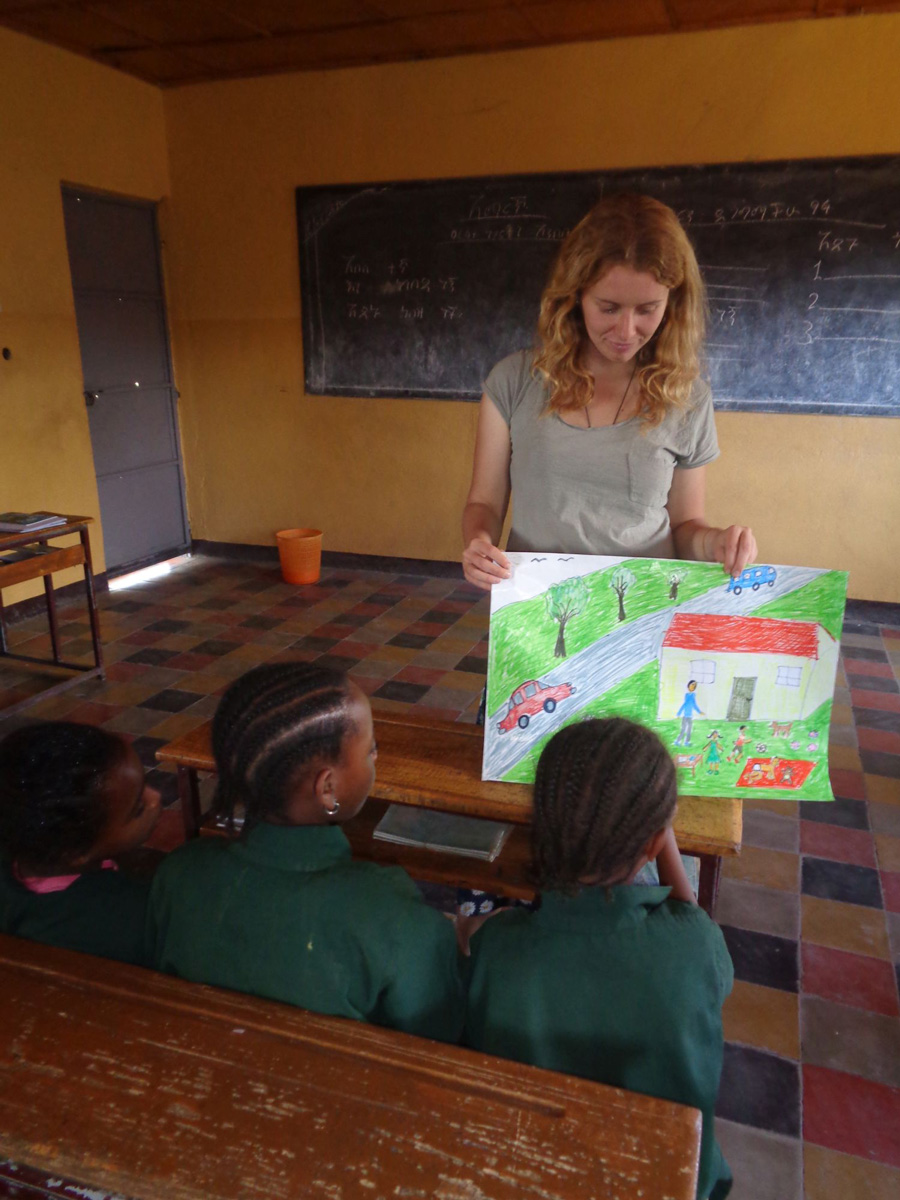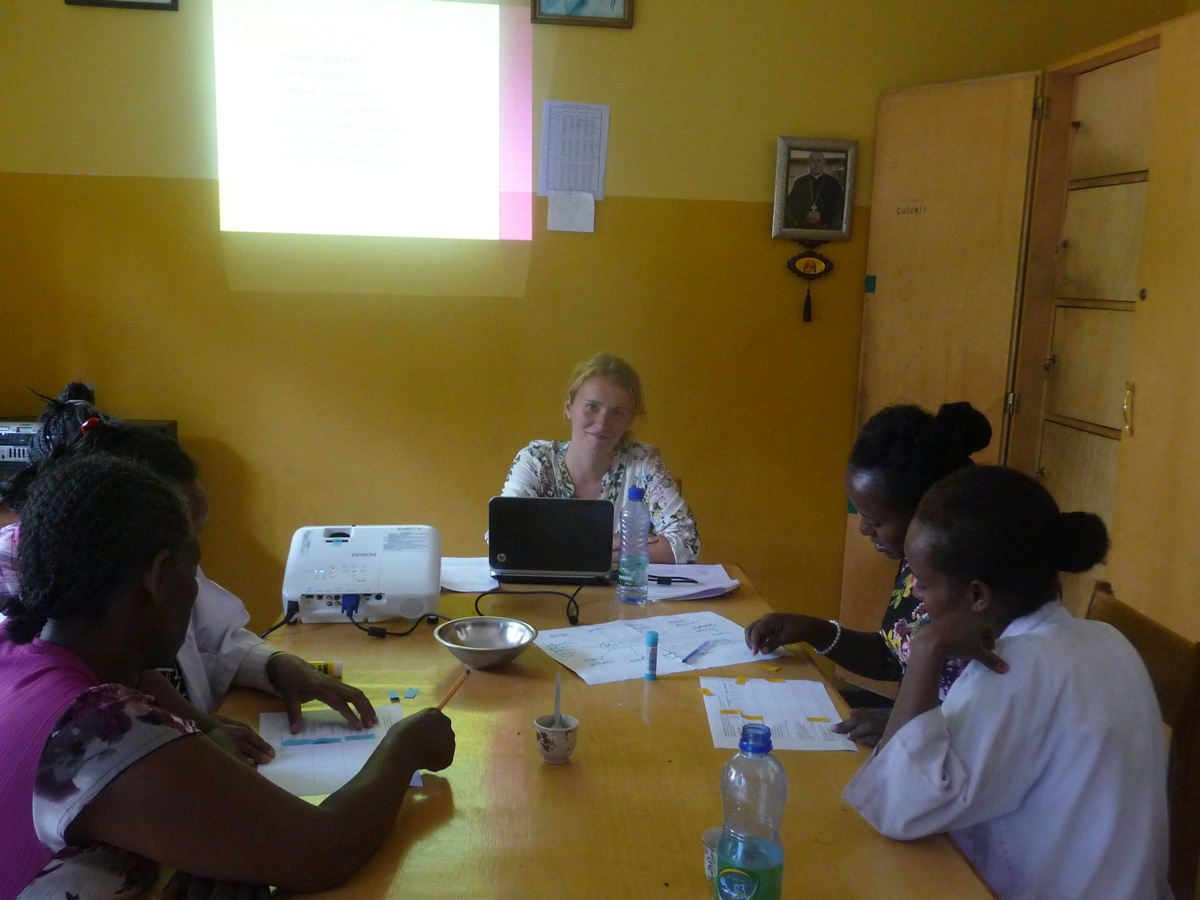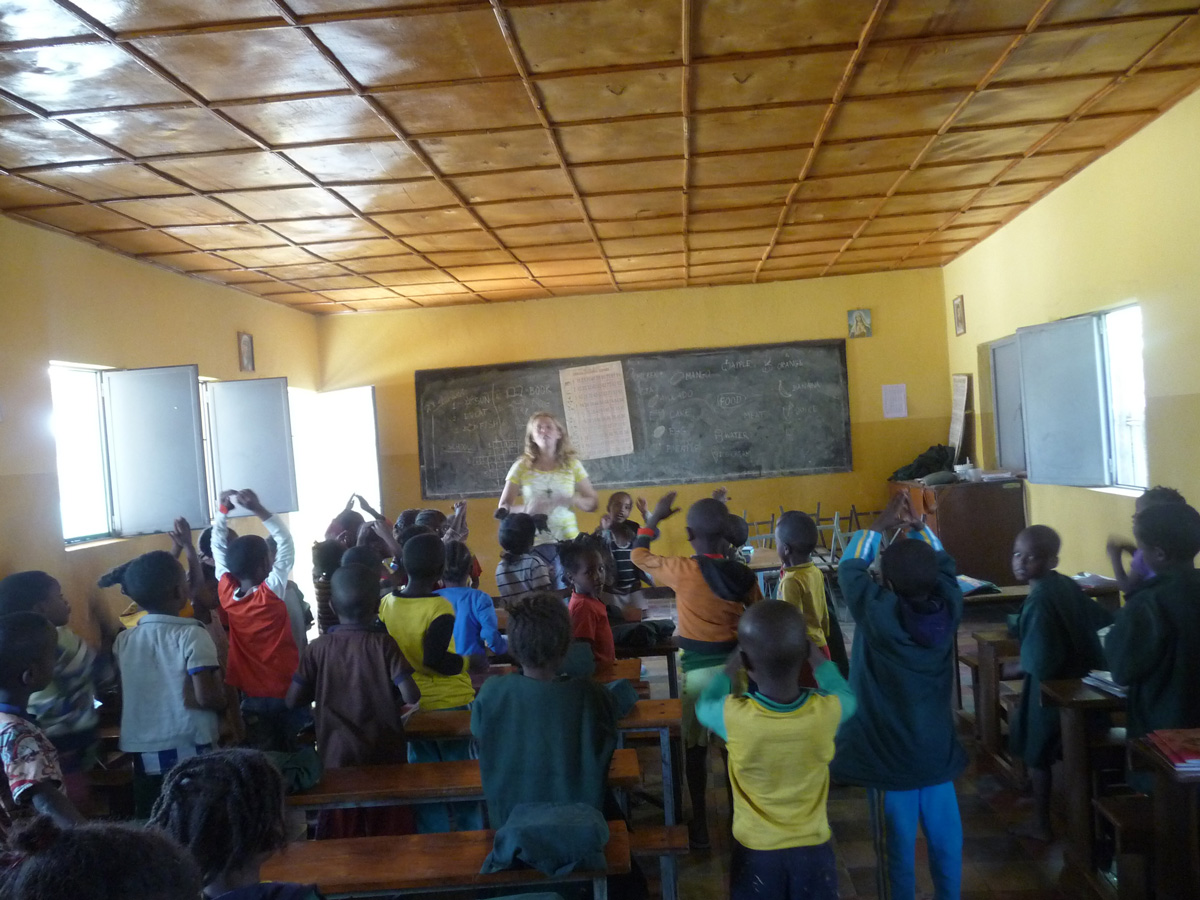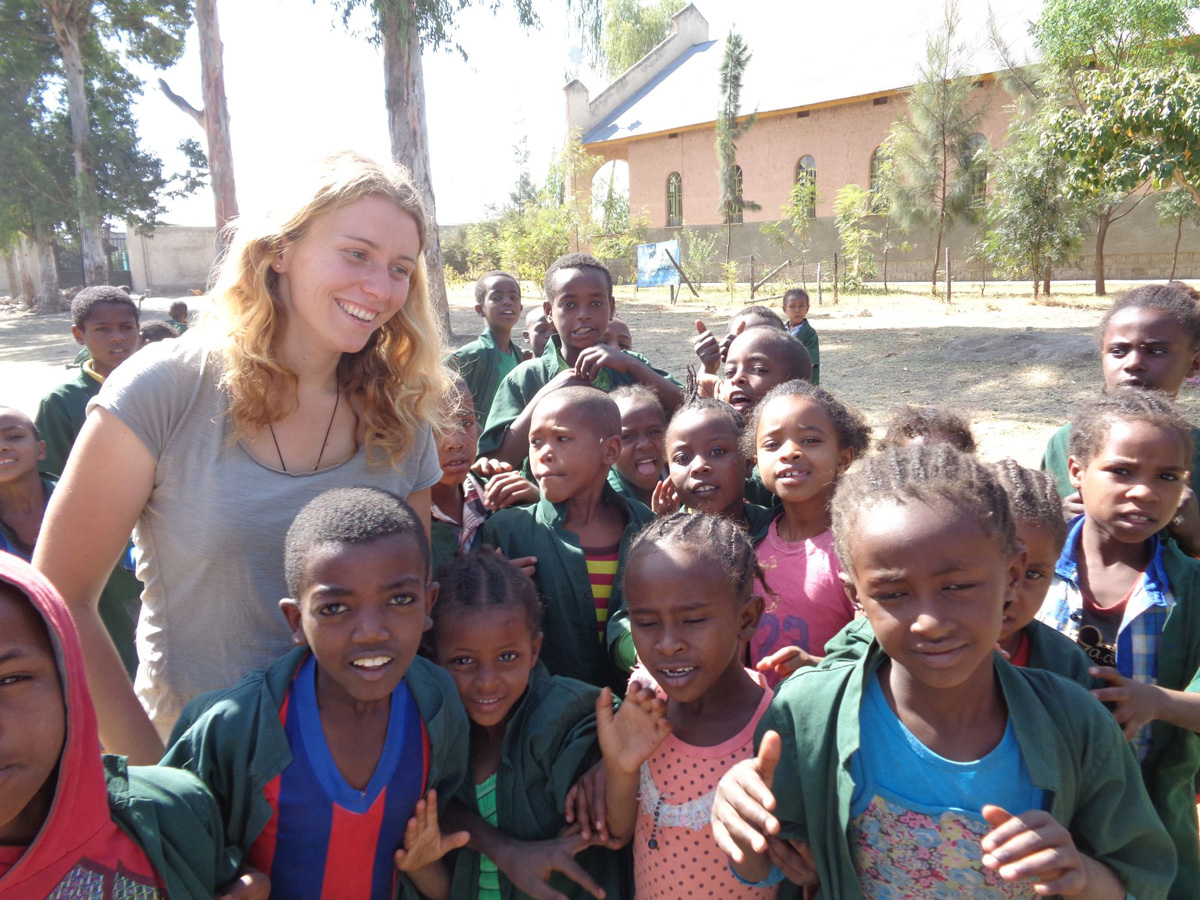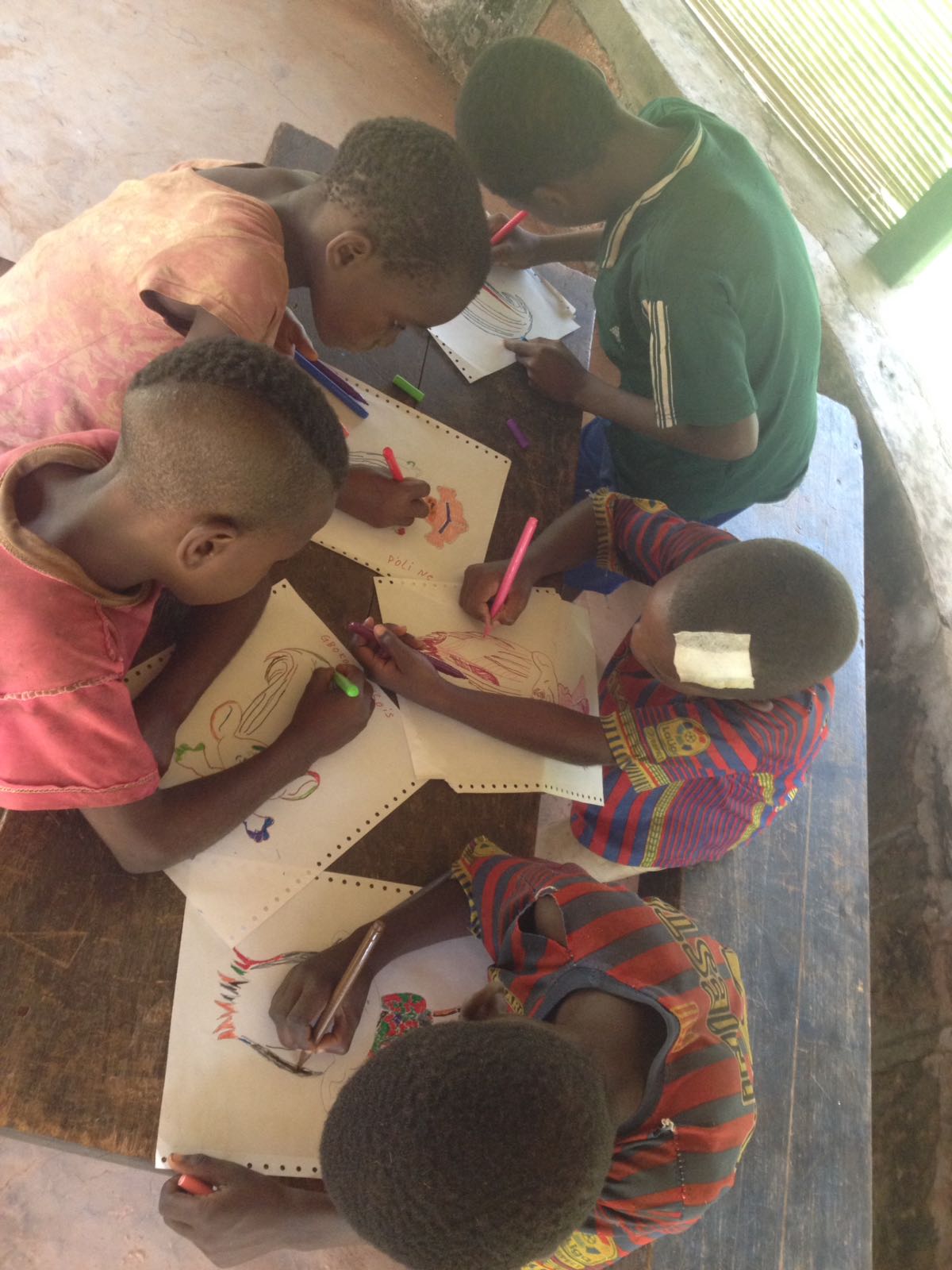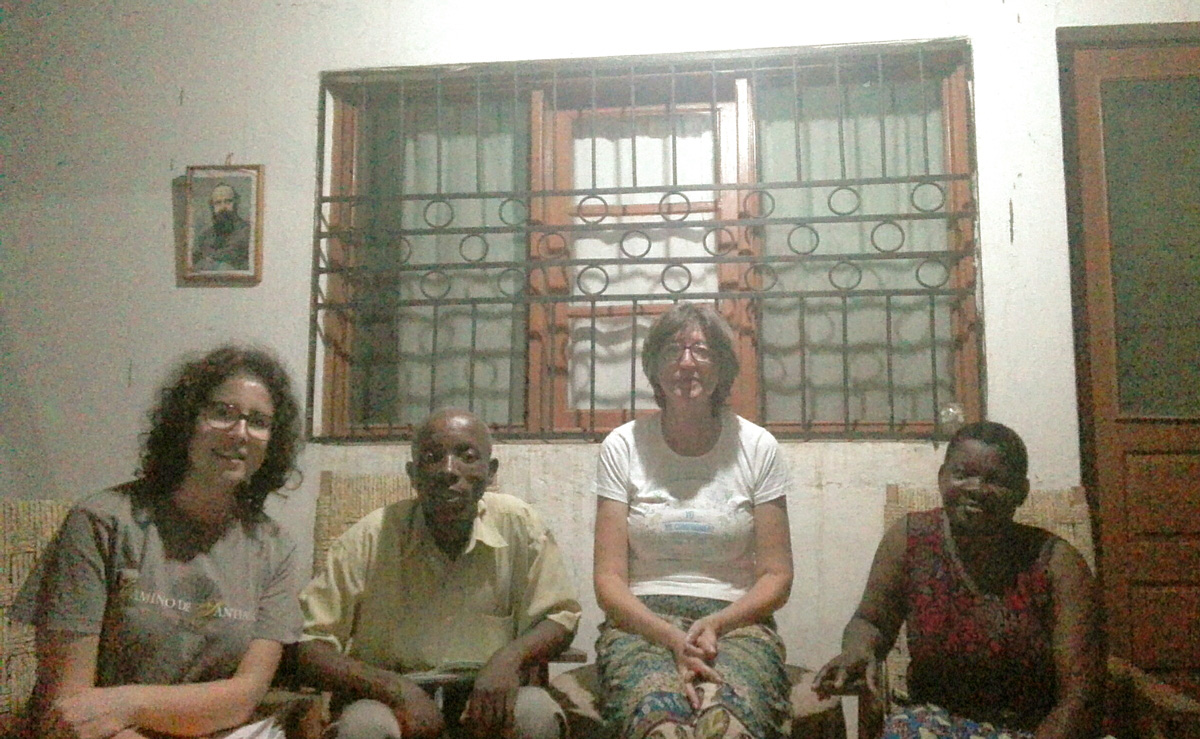 On the occasion of the 20th anniversary of the CLM in the Democratic Republic of Congo a number of lay people professed their commitment in the Comboni parish John Paul II of Kinshasa.
On the occasion of the 20th anniversary of the CLM in the Democratic Republic of Congo a number of lay people professed their commitment in the Comboni parish John Paul II of Kinshasa.
The Mass lasted from 9:00 to 11:30 AM. The presider was the provincial of the MCCJ in the DRC, Fr. Joseph Mumbere surrounded by the faithful the lay and Comboni Missionaries of the city. Twenty seven lay people formalized their lifetime commitment for to the mission ad gentes.
The Mass, celebrated by the provincial of the MCCJ, Fr. Joseph Mumbere in the Comboni parish of St. John Paul II, was also attended by the coordinator of the CLM, Fr. Ngore Hali Célestin, the pastor, Fr. Jean Paul Etumba, and the Frs. Jerome Anakiese, Henry Likingi, and Marcelo Fonseca Oliviera. We thank Fr. Boniface Gbama who was the photographer of the day. The Comboni Sisters also attended with their provincial, Sr. Cinzia Trotta.
The ceremony went well and concluded with a reception in the provincial of the MCCJ from 1:00 to 4:00 PM.
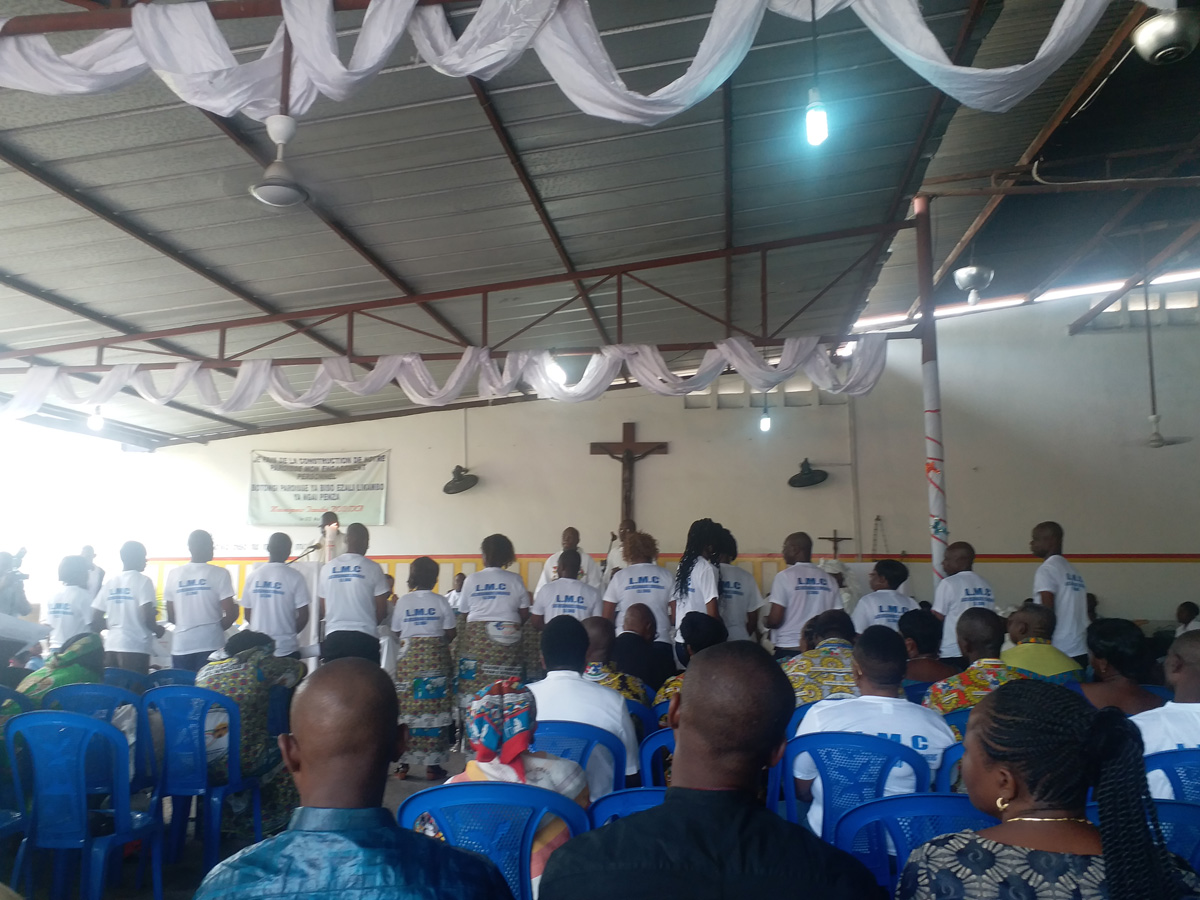 Later on, on May 10 in the parish of Blessed Anuarite in Kisangani, 10 more lay people formalized their lifetime commitment for the mission ad gentes.
Later on, on May 10 in the parish of Blessed Anuarite in Kisangani, 10 more lay people formalized their lifetime commitment for the mission ad gentes.
Fr. Joseph Mumbere celebrated also this Mass. The concelebrants were the pastor, Fr. Jaques Urodi, the coordinator in Kisangani, Fr. Augustin Fene-Fene and Fr. Ngore Gali Célestin.
The national coordinator of the CLM in the DRC, Tiffany Kimbuni, was also present and received the new members of the Comboni family. The Kisangani coordinator had words of thanks for all the participants.
Thanks to the entire Comboni family, fathers, brothers, sisters and lay people who work day and night for the Comboni mission and charism.
Our commitment in a few words:
We, the CLM, proclaim our faith in the resurrection of Christ, our hope and our joy. By his example, Christ calls us to be light in the darkness, and hope in society. We profess our YES to the mission today before the image of the Blessed Virgin Mary, a Yes forever, beyond all difficulties, our Yes to the charism of St. Daniel Comboni and his gift to the poorest and most abandoned.
National Coordinator of the CLM in the DRC





